On average, the population of today’s world live with more material comfort, less illness, greater equality and far more opportunities than people who lived at any other time in history. In spite of this, the World Health Organization has estimated that by the year 2030, depression will be the most prevalent and debilitating illness in the world – in both rich and poor nations.
Judging from the number of bestselling self-help books out there on how to achieve happiness in life, this question seems to be a pretty big one for a lot of people. It seems that many people acknowledge that in spite of being financially comfortable, having a good job and an active social life, true happiness remains out of reach.
We don’t have to look very hard to notice the enormous number of cultural messages that we are bombarded with on a daily basis about what kinds of things we need in order to live happy lives. The world of advertising would have us believe that happiness is only a purchase away – fashionable clothes, fast cars, good looks, social status. This is part of living in a society that is driven by goals and outcomes, and in which happiness is something that can be pursued and acquired – if not through material possessions, then in a myriad of other ways.
Fifteen minutes on Facebook can often leave us feeling that the happiest people out there are the ones who have an endless number of friends, the ones who go on great adventures overseas and the ones who have amazing jobs. Focusing on the things that other people have that we might not have can easily lead us to believe that our happiness is dependent upon our life being exactly the way we’d like it to be.
So it’s interesting to see what the Baha’i writings have to say on the topic. ‘Abdu’l Baha talks about two kinds of happiness –
Happiness consisteth of two kinds: physical and spiritual. The physical happiness is limited; its utmost duration is one day, one month, one year. It hath no result. Spiritual happiness is eternal and unfathomable. This kind of happiness appeareth in one’s soul with the love of God and suffereth one to attain to the virtues and perfections of the world of humanity. Therefore, endeavour as much as thou art able in order to illumine the lamp of thy heart by the light of love.
This quote goes right to the heart of the matter, diagnosing the fundamental flaw in our understanding of happiness that leaves so many people frustrated and lost: true happiness is an attitude we foster rather than something we possess. It is about a condition of being rather than of having.
In order to understand what brings us real happiness, we have to understand our true nature as human beings. The fact that so many people are struggling to find what exactly it is that makes them happy must mean that we, as a society, have not understood who we really are.
What can we do, as individuals, to better understand our own nature?
In order to understand what brings us real happiness, we have to understand our true nature as human beings. The fact that so many people are struggling to find what exactly it is that makes them happy must mean that we have not yet understood who we really are. How can we do this? What can we do to further our understanding of our own nature?
Step 1: Service to others
One of the most fascinating quotes I have read in response to this is by Shoghi Effendi, who says that the key to knowing ourselves is, interestingly enough, to stop focusing on ourselves!
The more we search for ourselves, the less likely we are to find ourselves; and the more we search for God, and to serve our fellow-men, the more profoundly will we become acquainted with ourselves, and the more inwardly assured. This is one of the great spiritual laws of life.
From a letter written on behalf of Shoghi Effendi to an individual believer, February 18, 1954
This great spiritual law that the Guardian talks about – knowing ourselves through the search for God and through service to our fellow men – is one that our society has yet to fully understand. It seems counter-intuitive that in order to become more acquainted with ourselves we should focus our attention away from ourselves and towards others.
But imagine what our society might be like if the majority of people began to adopt this approach to life. Rather than constantly asking ourselves what else we need in our own lives to increase our happiness and being overwhelmed by the number of things that we do not yet have, our minds would be directed to considering what we already have – our skills, our resources, our time – that we can put to use to contribute towards the happiness of others.
It is through our concerted efforts to be of service to others that we become more profoundly acquainted with the gifts and talents that we possess, and are given countless opportunities to develop our capacities and our character!
Step 2: Focus on acquiring virtues
As ‘Abdu’l-Baha tells us in the quote above, true happiness goes hand in hand with attaining the “virtues and perfections of the world of humanity”. This is yet another principle that might not spring to most people’s minds when they are asked to think about how to increase their happiness.
The latest findings in psychology have shown that the happiest people are those who have identified and developed their own personal strengths and virtues and use them for purposes higher than their own personal goals. In striving to cultivate our virtues, we build our spiritual and psychological resources and are better equipped to navigate our way through life’s challenges and to face life’s hardships without being too deeply affected by them.
The key, it would seem, to happiness – true happiness – is constant effort: effort in our path of service, effort in the development of our character, and effort in becoming detached from our ego and in recognizing our true spiritual natures.
By recognizing that physical happiness and spiritual happiness are two distinct states of being, and by understanding that it is spiritual happiness alone – and not physical happiness – that endures and is ultimately what we should be striving towards, we are able to realign our efforts and energies.
Pursuing happiness as the sole object of our lives can only ever be a formula for frustration and disappointment – we will always find our lives, at some point, to be lacking in one way or another. By pursuing spiritual happiness instead, and focusing our efforts on service to others and acquiring spiritual growth, our eyes will be opened to the countless blessings in our lives.
What are your thoughts on finding “true happiness”? Share your thoughts with us in the comments.








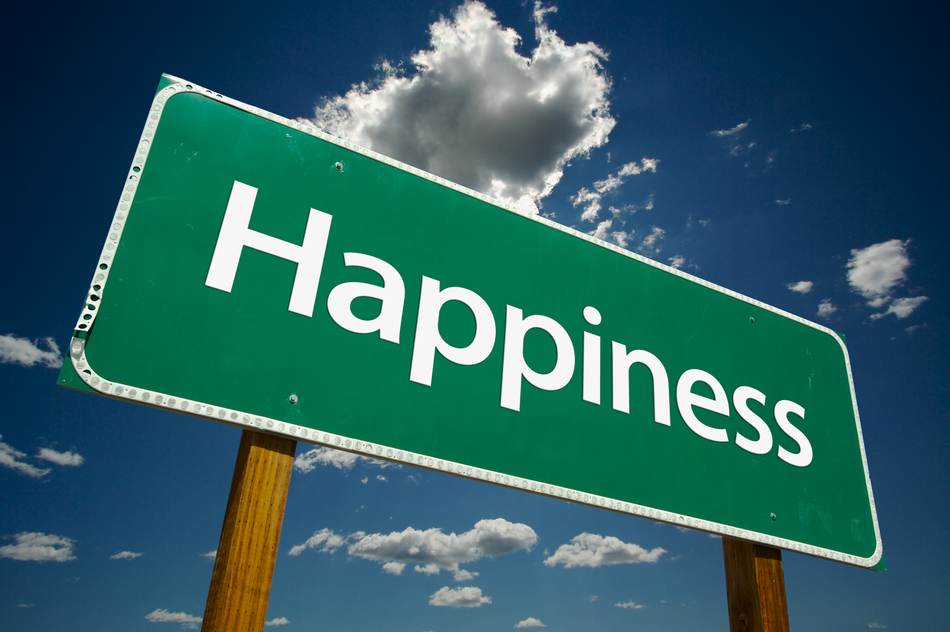
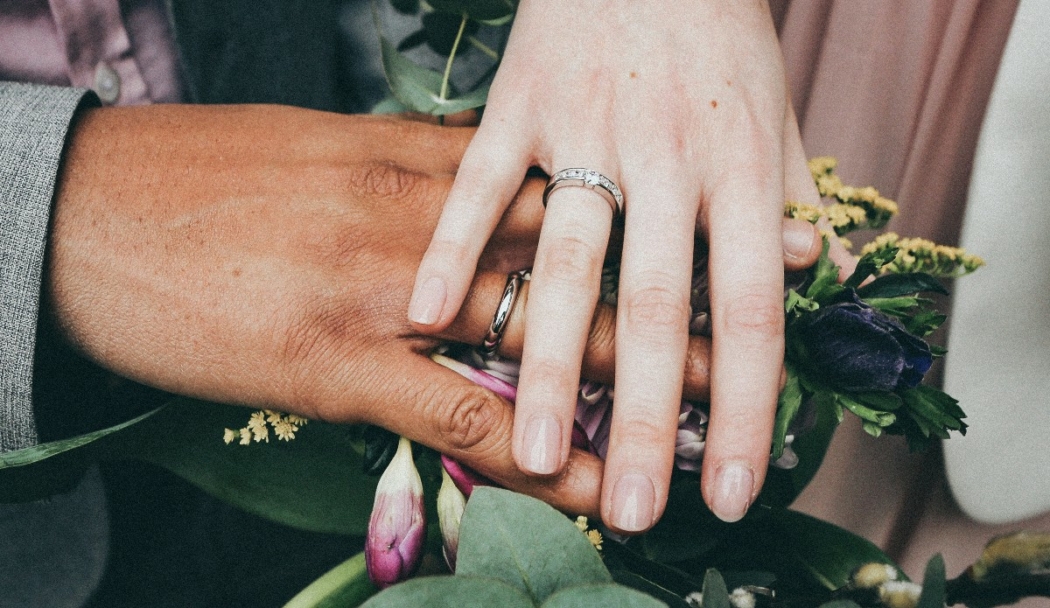


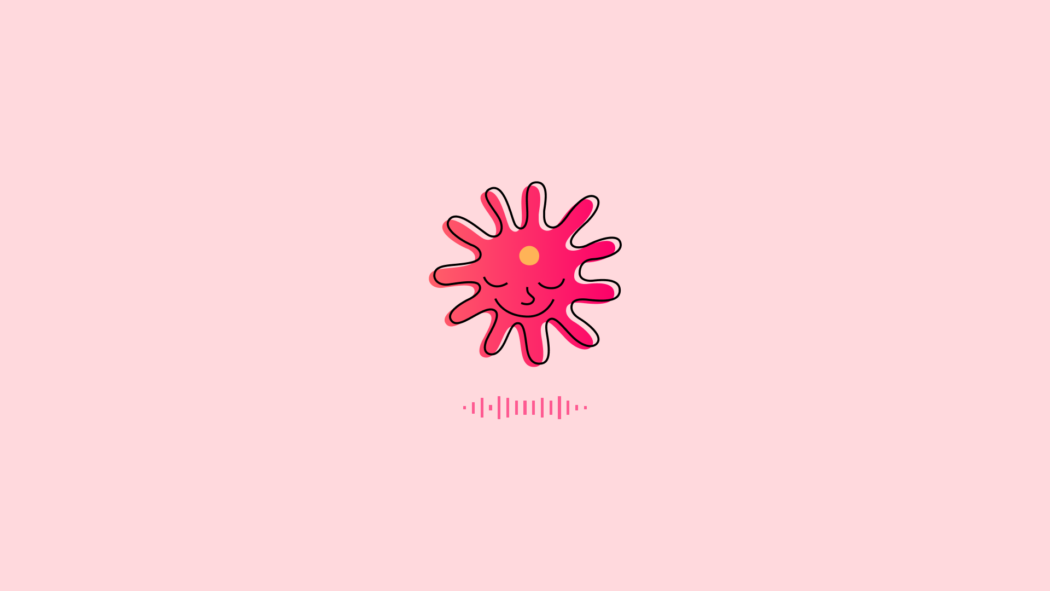
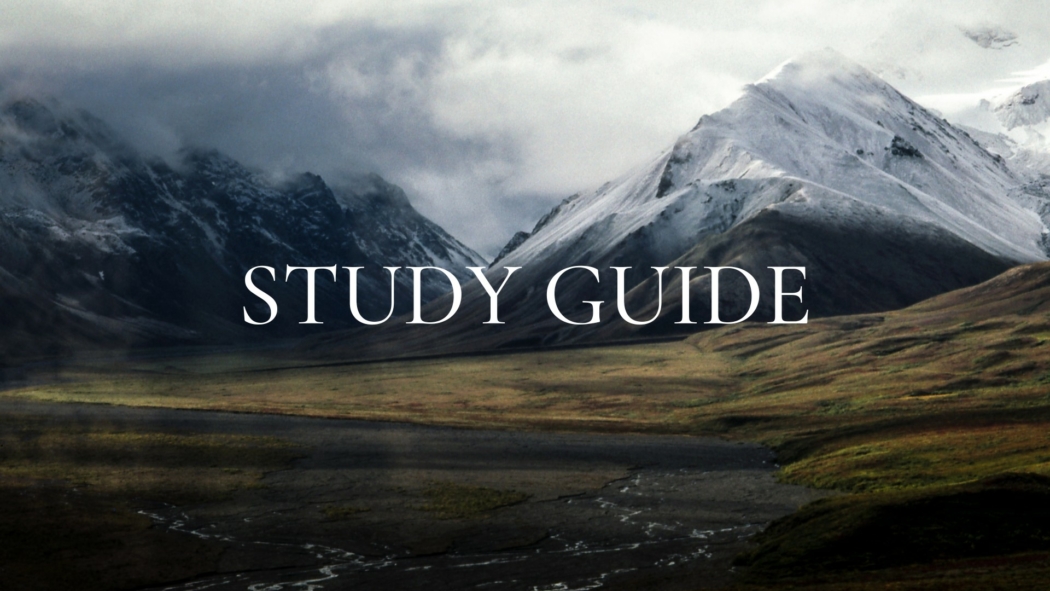























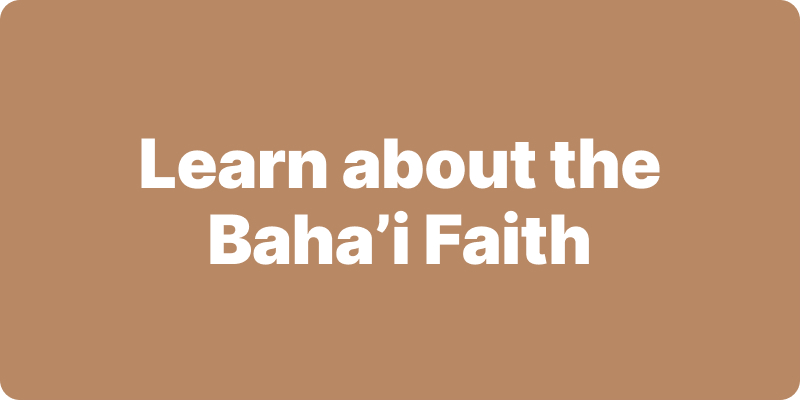


Natalie this post is awesome! And so befitting thank you so much for inspiring and reminding me what true happiness is and the steps one can take to work twds developing this attitude 🙂
Big hug and lots of happiness to you 🙂
Farida (November 11, 2011 at 6:00 PM)
Wow. Couldn’t agree more.
A post I wrote about this in 2009 at https://www.facebook.com/note.php?note_id=127180651481:
Thought I’d copy and paste whilst on the run…
UNLIKE WHAT MANY CLAIM, it has nothing to do with human conscious acknowledgement of the inevitability of death. The question “Why are we so unhappy” begs certain answers. Who are “WE?” We need to keep in mind that it’s primarily the capitalist West that is unhappy; that is forecasted by the year 2020 by the World Health Organisation to suffer from clinical depression more than any other non-communicable disease. It’s not Pacific Island nations. Nor is it Central America or South East Asia. Impoverished and war-struck populations aside, when we talk about “unhappiness” and depression levels, its important to keep in mind that it’s the capitalist West we’re referring to.
I feel that the fundamental reason is this: for millenia, humankind has had some form of non-tangible source at its core. Something unknowable to worship, whether it be God or gods, the Sun, or nature itself. Since pre-recorded history, there’s evidence for a strong spiritual foundation to human civilisation. This serves to unite people in thought and action, and to provide a means to live a fulfilling existence and anticipate a spiritual existence after physical death.
Today, the (arguably) secular, neo-liberal ideals of rampant capitalism, with the notion of the “individual” (as opposed to the collective or community) at its core, has for the first time ever, encouraged the worship of material. Worship status. Worship “success”. Worship yourself. It makes us believe that the purpose of nations and individuals is to economically advance. It’s a myth that we’ve all bought into. Money will make us happy. Access to material means will make us happy. Status will make us happy. Recognition will make us happy. It’s one huge, pervasive, engrained fallacy that pumps through our arteries.
This is why the West has become so unhappy. Spiritual convictions, whether you believe in such convictions or not, have a proven protective effect against depression. Studies consistently prove this (Google Scholar search “religiosity [or spirituality] and depression”).
In short: we (the capitalist West) is (or is becoming increasingly) unhappy because we continually fail to recognise that our happiness lies not in the external material, but in the internal spiritual. Call it whatever you want, but its a fact. Those “happiest” populations (tested via subjective surveys) consistently are the Pacific Island nations and Central and South America. Not those countries which are richest. Not those with the fastest economic growth or largest GDP. It’s about community, not individuality. It’s about collective unity, not individual competition.
These aren’t emotive or irrational views. They’re becoming hard hitting realisations to even the authors of macroeconomics. Perhaps economic growth is not the path we ought to adhere to.
The point is: we’re unhappy because we have forgotten what make us human. We have the potential to harness and embrace the non-physical and transcend every day experiences. Yet it seems, whether consciously or not, we choose to buy into the myth.
Note worthy sites:
http://www.happyplanetindex.org/
And this report:
http://www.happyplanetindex.org/public-data/files/happy-planet-index-2-0.pdf
Ryan (November 11, 2011 at 8:57 PM)
Great article. It reminds me of something I read many years ago that has remained etched in my mind ever since. That is, that happiness is not getting the things that you want in life, it is wanting the things that you have been given.
Monib (November 11, 2011 at 10:29 PM)
This let me think about my own life till now,I am nursing for 36 years, so everything that I do every day is to devote myself to sick people and there needs, to make a difrent to sick peoples life. As you know no one can pay us for the work we done, so you learn yourself to enriched other peoples li fe to walk the extra mile. And in this proses you find happines, so everthing this article stated is the true I see this in my life ,
Thanks for this article
thea groenewald (November 11, 2011 at 2:55 PM)
bless this site–it’s a beautiful idea 😉
Eva Sonda (November 11, 2011 at 9:50 AM)
Thanks Eva!
Naysan (November 11, 2011 at 12:38 PM)
Your article is spot on. I recently moved from a very comfortable metropolitan lifestyle in Melbourne to the remote aboriginal town of Woorabinda, with the intention of ‘service to humanity’. My life has changed. I have never experienced such depth of happiness.
Words can’t quite describe the experience.
‘Sublime emotions’ as described by Abdul-Baha in the Book: ‘Some Answered Questions’, in the chapter on ‘True Wealth’ are the key words I can think of to describe the ‘happiness’ I feel, in the path of ‘service.
mojgan Khadem (November 11, 2011 at 12:40 PM)
So it’s interesting to see what the Baha’i writings have to say on the topic. ‘Abdu’l Baha talks about two kinds of happiness –
“Happiness consisteth of two kinds: physical and spiritual. The physical happiness is limited; its utmost duration is one day, one month, one year. It hath no result. Spiritual happiness is eternal and unfathomable. This kind of happiness appeareth in one’s soul with the love of God and suffereth one to attain to the virtues and perfections of the world of humanity. Therefore, endeavour as much as thou art able in order to illumine the lamp of thy heart by the light of love.”
Abdu’l-Baha says it all right there. Spiritual happiness is true happiness & material happiness is like its shadow. Just like how in the Baha’i Writings it that this world is like the shadow of the next world.
Thank you so much for writing this beautiful article! I really really loved it & it helped me out a lot! 🙂
Shamim Bina (November 11, 2011 at 12:57 PM)
Great article!! Happiness is something we all want to attain and instill. But just like Shogie Effendi has put it “The more we search for ourselves, the less likely we are to find ourselves; and the more we search for God, and to serve our fellow-men, the more profoundly will we become acquainted with ourselves, and the more inwardly assured. This is one of the great spiritual laws of life.”
I read this quotation some years back and always reflected on it. When i think about certain moments in my life that have been the most happiest for me, it has been due to the above mentioned reasons. 🙂
Abhianv G (December 12, 2011 at 3:49 AM)
Great article.
The happiest times in my life were when I was serving others.
Joe Walshe (December 12, 2011 at 11:16 PM)
Great topic!
I have found happiness to be a state of being – not a process of achieving or even the state of achievement. It is a natural spiritual state that persists irrespective of physical, emotional or material calamities. “Noble have I created thee” “If you look but within you you will find Me standing…” “Closer than your life’s vein..” My happiness flourishes with the awareness of these realities.
My happiness has nothing to do with external conditions. It just is. I am most aware of its presence when I smile: through involuntary physical tears in the face of excruciating pain; when I dont know where the next meal will come from but knowing that it will; when my little dog comes to tell me that it is past midnight and I forgot to close the door etc etc.
I believe that happiness is the true condition of God’s creation. However, the majority of us humans have been reprogrammed from early childhood to condition happiness to acquisitions, health or achievements, and this creates a veil between us and our true condition – happiness.
Mona (January 1, 2013 at 3:47 PM)
Sorry. Forgot to tick for notification.
Mona (January 1, 2013 at 3:50 PM)
Dear Friends,
It is a great bounty to be a Baha’i, and confident that we are protected by the Covenant of God for all of us.
With Baha’i love and gratitude,
Anooshirvan Jafari
Anooshirvan Jafari (November 11, 2015 at 9:41 PM)
I was talking to a friend of mine about what is the source of true happiness and that most probably it is the happiness that our spirit feels. My spirit feels most happy when I am completely trusting God, as it is the most precious gift when I am experiencing it. When I am helping others and have prepared food so we can eat together, or listen to a friend or family member who is struggling. When I sit in nature and listen to the chirping of the birds and watch as the tree branches are moved by the wind or take a walk at night and look at the stars. Also when I replace my negative thoughts and memories with positive ones. When I can forgive myself and others for falling short. Sometimes when I pray I feel really connected and grateful and that makes me feel happy. Happiness is when I can give my fears, anxiety and sadness to Baha’u’llah and God and feel safe and protected.
Farideh Azad (July 7, 2018 at 7:39 PM)